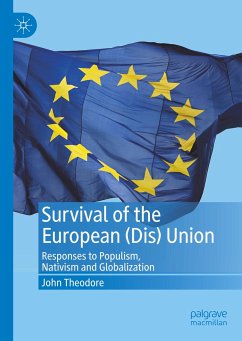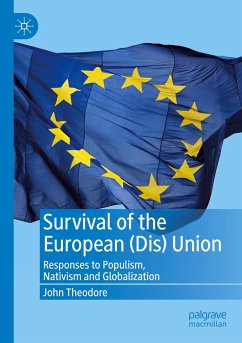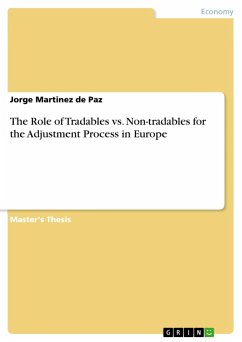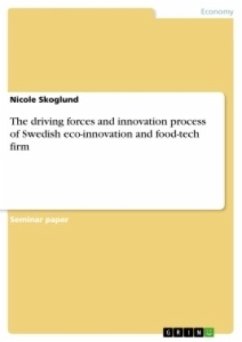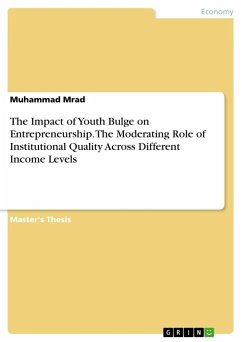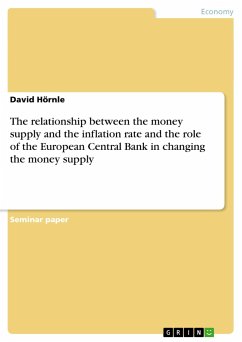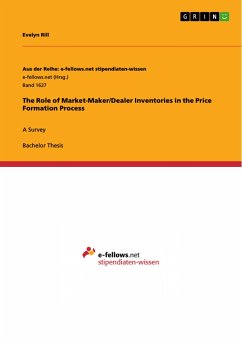
Exit, Voice, and Loyalty. The Role of Migration in the Process of Development and Democratization
Versandkostenfrei!
Versandfertig in 1-2 Wochen
44,99 €
inkl. MwSt.

PAYBACK Punkte
0 °P sammeln!
Bachelor Thesis from the year 2014 in the subject Economics - Macro-economics, general, grade: 1,7, University of Leipzig (Wirtschaftswissenschaftliche Fakultät), language: English, abstract: The following thesis will examine the process of Development and Democratization. More precisely, it will prove whether Albert O. Hirschman's "Exit, Voice, and Loyalty" (EVL)-framework allows for a more coherent explanation of the transitional mechanisms.In 1992 Paul Krugman raised the motion to rethink and resurrect the "high development theory" of the years prior to 1960. His "counter-counterrevolution...
Bachelor Thesis from the year 2014 in the subject Economics - Macro-economics, general, grade: 1,7, University of Leipzig (Wirtschaftswissenschaftliche Fakultät), language: English, abstract: The following thesis will examine the process of Development and Democratization. More precisely, it will prove whether Albert O. Hirschman's "Exit, Voice, and Loyalty" (EVL)-framework allows for a more coherent explanation of the transitional mechanisms.In 1992 Paul Krugman raised the motion to rethink and resurrect the "high development theory" of the years prior to 1960. His "counter-counterrevolution" opposed the dominant neoclassical approach towards development and urged the scholarship to leave the intellectual parochialism and to take up the thread, laid out by scientists like Rosenstein-Rodan orHirschman.Down to the present day, the scientific community of the development-science hasn't been able to produce a "universally accepted doctrine or paradigm. Instead (there is) a continually,evolving pattern of insights and understandings that together provide the basis for learning the possibilities of contemporary development [...]."The four predominant theories in the history, namely Modernization Theory, Structural-Change, Dependency School and the Neoclassical Market-Fundamentalism will be introducedand shown how the role of migration is integrated respectively.Hereinafter the EVL-concept will be explained and whether it can give further insights into the nexus of development and democracy.The set-up hypothesis, which will be tested, is the following: The initial point is an authoritarian regime. Once a country achieved a certain threshold of development, the people do notonly have the inherently volition of freedom but also the ability to articulate their demands. If we assume that the former mentioned concept of "Exit, Voice, and Loyalty" can be applied,the people have three options to do so. They can go literally or metaphorically on the streets and raise their voice against the incumbent regime or they can migrate from their homecountryto another state, where a modern political system is already in place. The last alternative is that they do neither and continue with their ordinary life, staying loyal to the current government. To encapsulate, we should be able to spot a higher degree of democracy in a particular country if the rate of emigration is lower, than in a country where the people just leave their patria.



